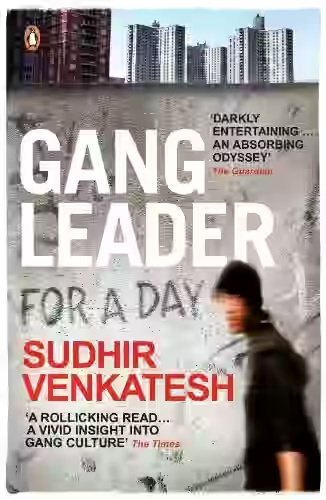
In this gripping ethnographic memoir, sociologist Sudhir Venkatesh recounts his time embedded within a Chicago gang. Hoping to study urban poverty, he befriends a gang leader and gains unprecedented access to the daily operations of the Black Kings. What he finds is a complex underground economy and a surprising code of conduct. Venkatesh balances storytelling with sociological insight, humanizing gang members while exposing the systemic issues they face. Gang Leader for a Day is a powerful, eye-opening look at life in marginalized communities and how informal power and survival operate in America’s inner cities.
About Sudhir Venkatesh
Sudhir Venkatesh is a sociologist and professor known for his groundbreaking ethnographic research on urban poverty, gangs, and underground economies. He earned his Ph.D. from the University of Chicago and rose to prominence with Gang Leader for a Day, a first-hand account of his time embedded with a Chicago gang. Venkatesh’s work bridges academia and journalism, and he has served as a consultant for law enforcement and public policy initiatives. His research highlights the human dimensions of marginalized communities, challenging stereotypes and offering nuanced insights into the social structures that govern life in America's inner cities.
Similar Books
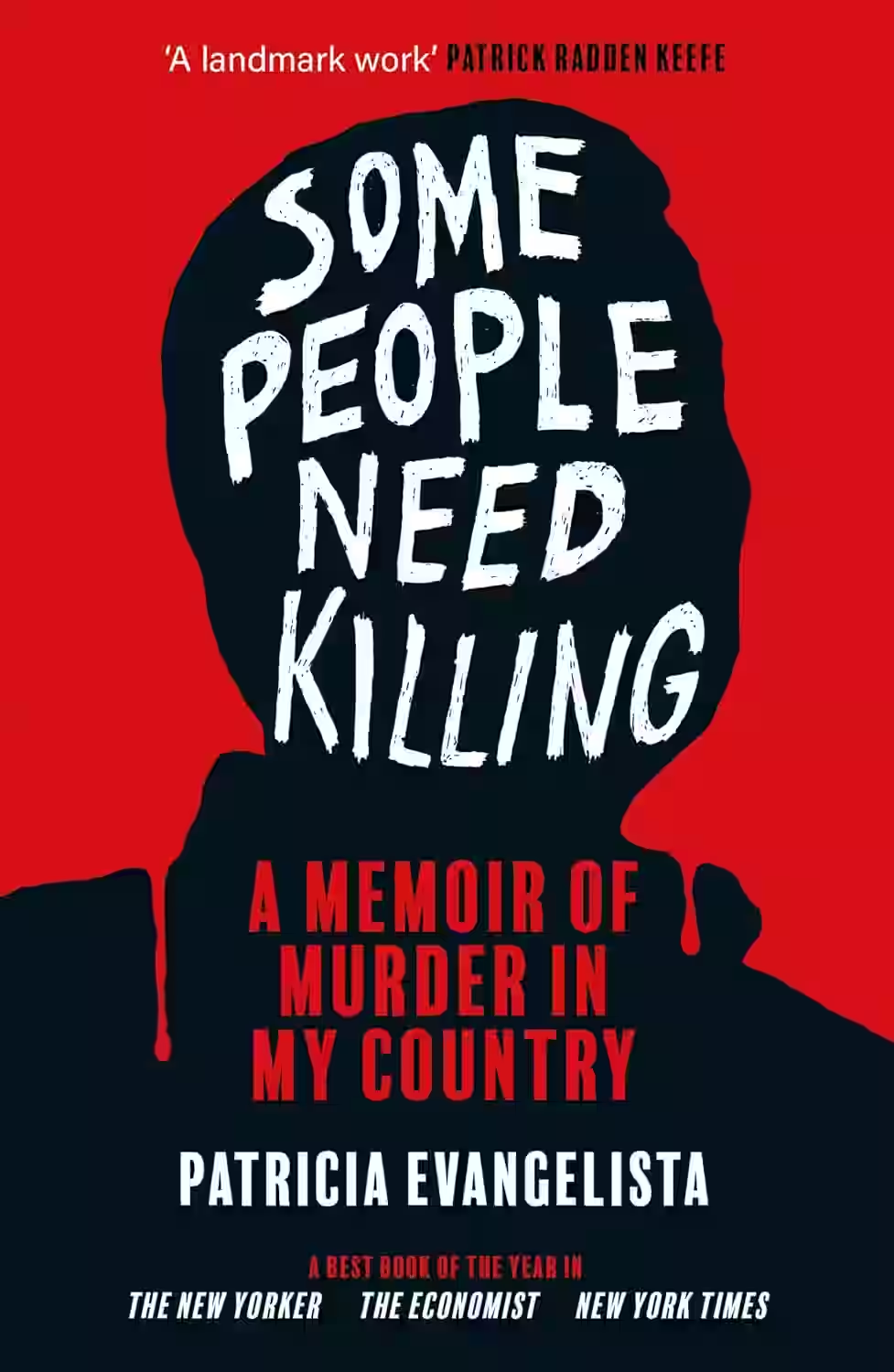
Some People Need Killing
In this harrowing and deeply reported memoir, journalist Patricia Evangelista documents Rodrigo Duterte’s brutal war on drugs in the Philippines. Drawing from years of firsthand reporting, Evangelista chronicles the violence, propaganda, and moral disintegration that defined a nation’s descent into authoritarianism. Through vivid narratives of victims, enforcers, and survivors, the book becomes a powerful indictment of state-sponsored killings and a meditation on fear, complicity, and resistance. Some People Need Killing is both a work of fearless journalism and a profoundly personal reckoning with truth and accountability in the face of terror.
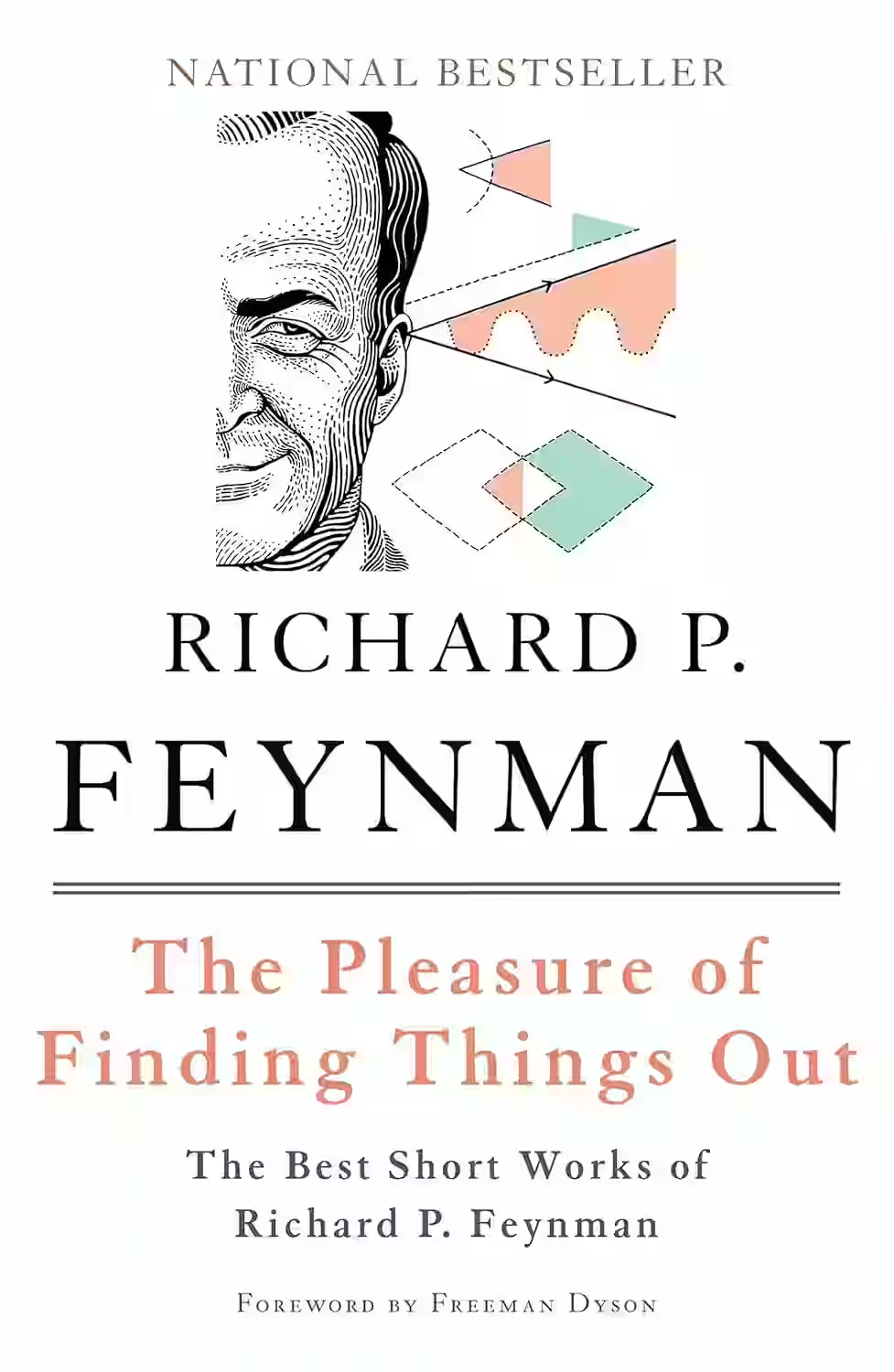
The Pleasure of Finding Things Out
This collection celebrates the remarkable achievements of Nobel Prize-winning scientist Richard P. Feynman, whose work profoundly reshaped our understanding of quantum electrodynamics. "The Pleasure of Finding Things Out" is a magnificent compilation of Feynman's finest short works, encompassing interviews, speeches, lectures, and articles. Offering an intimate and captivating glimpse into an extraordinary life dedicated to science, this wide-ranging treasury explores Feynman's thoughts on science in culture and includes his insightful Nobel Prize acceptance speech. It's a fascinating read for anyone intrigued by the power of ideas and the scientific mind.
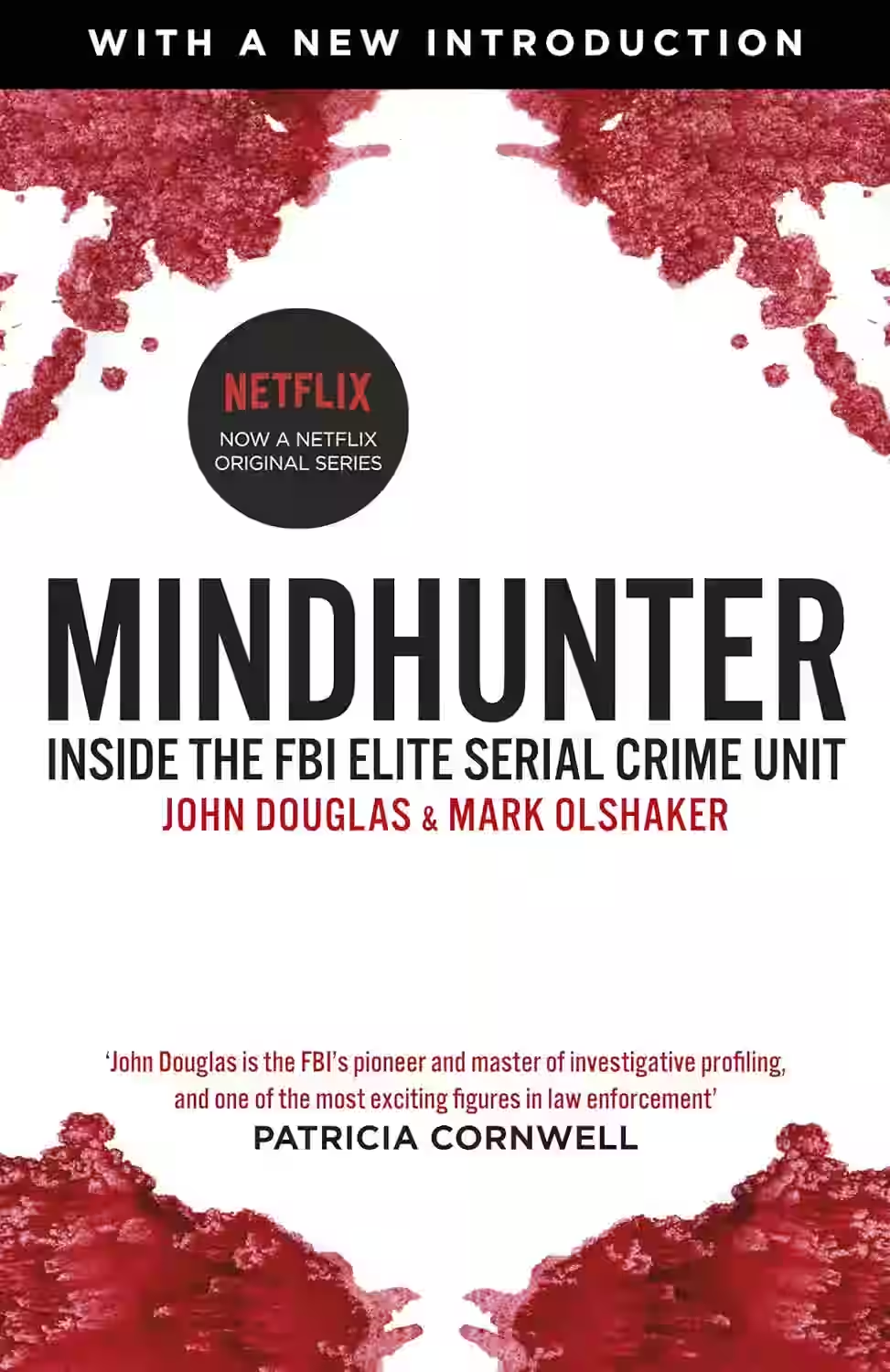
Mindhunter: Inside the FBI's Elite Serial Crime Unit
by John E. Douglas, Mark Olshaker
In 'Mindhunter: Inside the FBI's Elite Serial Crime Unit,' John E. Douglas takes readers on a gripping journey inside the minds of some of the most notorious serial killers. Through Douglas's experiences in the Behavioral Science Unit at the FBI, the book delves into the psychological profiles of criminals like Ted Bundy and Charles Manson, providing a chilling yet fascinating exploration of criminal behavior. Douglas's insights into criminal profiling and the development of the FBI's criminal investigative techniques make for a riveting read that offers a unique perspective on the world of law enforcement and psychology.
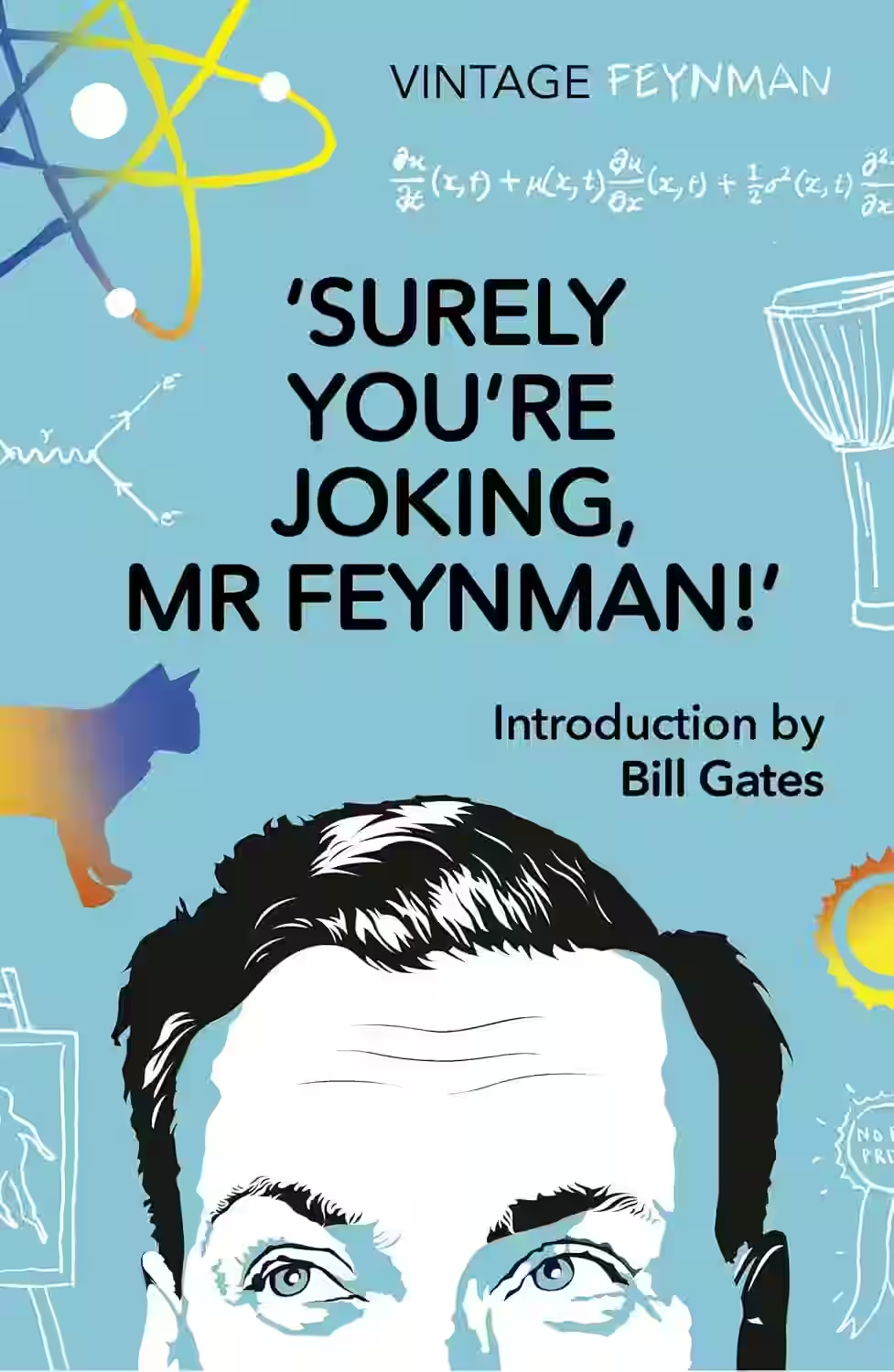
Surely You're Joking Mr Feynman
This warm and insightful portrait captures the wisdom, humor, and boundless curiosity of Nobel Prize-winning physicist Richard Feynman through intimate conversations with his friend Ralph Leighton. Beyond his groundbreaking theoretical work, Feynman was a man of adventure – an artist, safecracker, practical joker, and captivating storyteller. His life, fueled by high intelligence, unyielding curiosity, and healthy skepticism, was a series of remarkable experiences. These recorded conversations, transcribed with minimal alteration, offer a wise, funny, passionate, and utterly honest self-portrait of one of the 20th century's most brilliant and engaging minds.